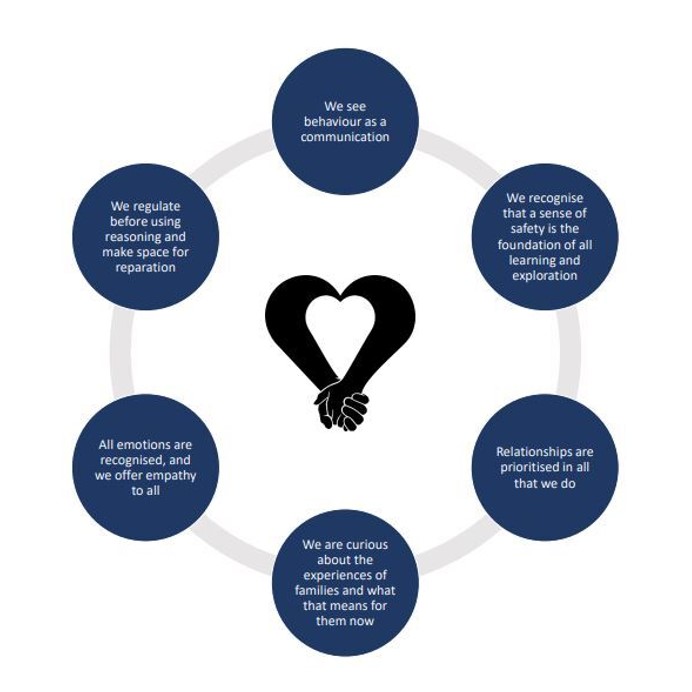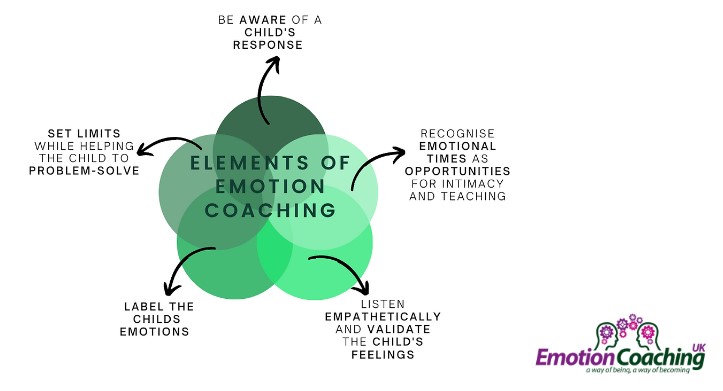TIAAS
Trauma Informed Attachment Aware School
What is TIAAS?

For over 5 years now, Birmingham Educational Psychology Service together with Birmingham Virtual School have provided a whole school development programme (TIAAS) focusing on changing practice in schools to develop universal approaches to promote the emotional development and well being of all children, young people and staff.
An Attachment Aware School is a place where resilience is promoted and where the most vulnerable children are able to recover from trauma. Evidence suggests that attachment awareness in adults can lead to increased self-regulation in children (and adults). The capacity to self-regulate underpins emotional well-being and mental health, and enables the development of cognitive skills and learning.
Colmore staff have received comprehensive whole school Trauma Informed and Attachment Aware training to enable us to notice, improve and value our skills in establishing brain-building relationships with children and young people. In addition to supporting the most vulnerable pupils who have suffered adverse childhood events (ACEs), we are aware that this relational practice at a whole school level supports the development and mental health of all pupils. Staff have also received training on Emotion Coaching (an evidence-based universal approach towards responding to children’s emotions and developing self-regulation skills)
TIAAS principles
These principles are the golden threads that run through the TIAAS programme and training.

Emotion Coaching
Through the use of emotional coaching, we look to support children who are presenting behaviours and/or difficulties that are linked to ACEs and who struggle to self-regulate. A key element is the way to interact with children and promote those positive relationships. Emotion coaching helps children to become more aware of their emotions and to manage their own feelings, particularly when experiencing strong emotions.

Emotion Coached children and young people:
- Achieve more academically in school
- Are more popular
- Have fewer behavioural problems
- Have fewer infectious illnesses
- Are more emotionally stable
- Are more resilient (Gottman 1997)
For more information please contact our Senior Learning mentor via our school contact details.

